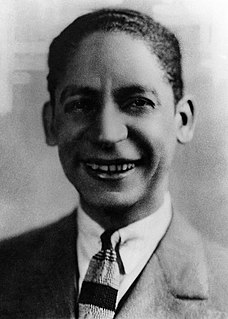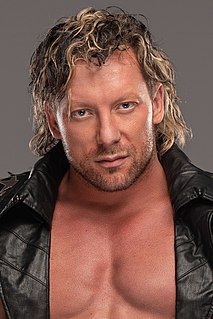A Quote by Marc Randolph
Poor leaders have a certain style and that's the only style they have.
Related Quotes
Maybe many directors are trying to create their own style of filmmaking, or to respond to audiences that come expect a certain style from them. But I don't care about that - I don't intend to have a 'Miike' style. I just pour myself into each film, enjoy it, and then what comes out just seems to have a 'Miike' style.
Underneath all his writing there is the settled determination to use certain words, to take certain attitudes, to produce a certain atmosphere; what he is seeing or thinking or feeling has hardly any influence on the way he writes. The reader can reply, ironically, "That's what it means to have a style"; but few people have so much of one, or one so obdurate that you can say of it, "It is a style that no subject can change.
There's a certain kind of wrestling fan that will only like a certain style. They think that's the right way, and that's okay, but I'm not trying to impress those people. Those people are already kind of set in their ways. I'm trying to open the world to a different style, what pro-wrestling has the potential to be.
I don't believe, in the end, that there is any such thing as no style. Even a very neutral, plain style, one that doesn't use colloquialisms, lyrical flourishes, heavy supplies of metaphor, etc., is a style, and it becomes a writer's characteristic style just as much as a thicker, richer deployment of idiom and vocabulary.



































